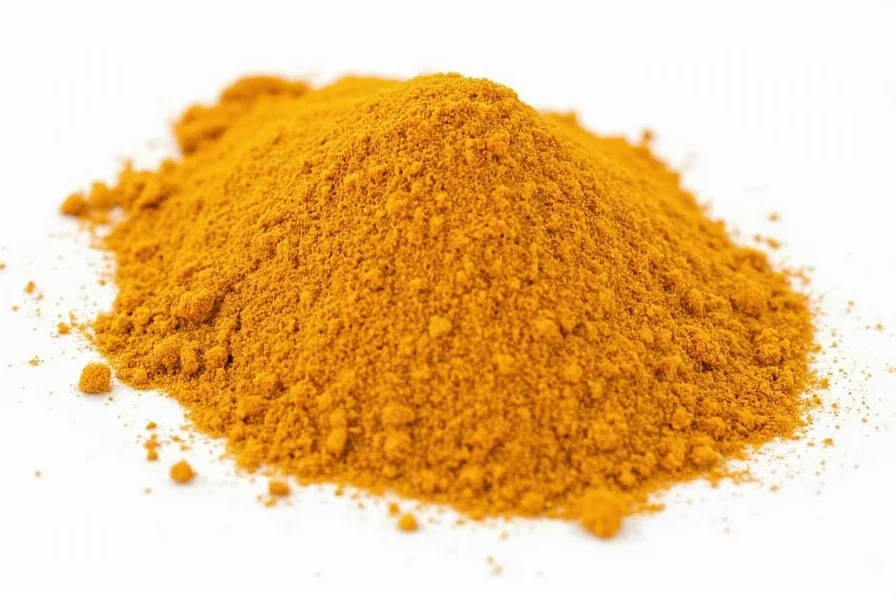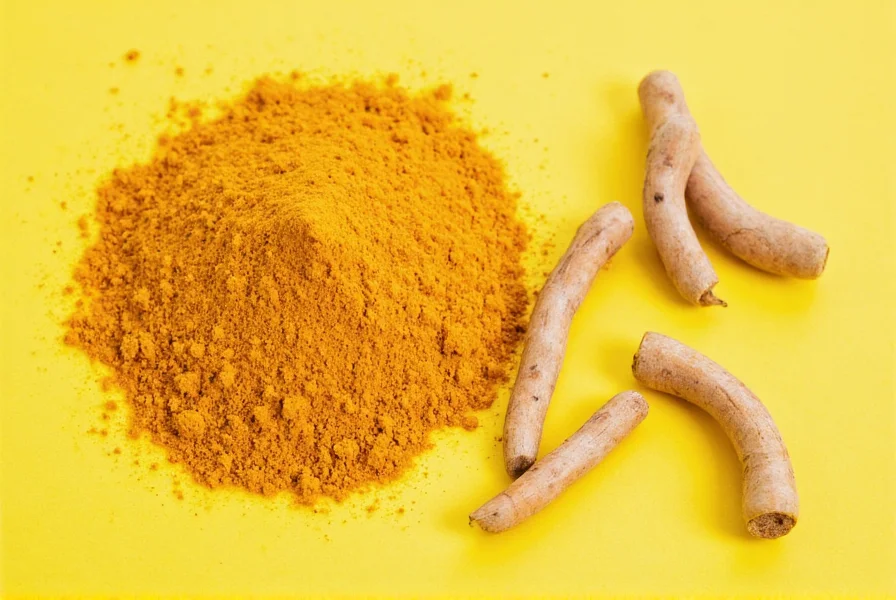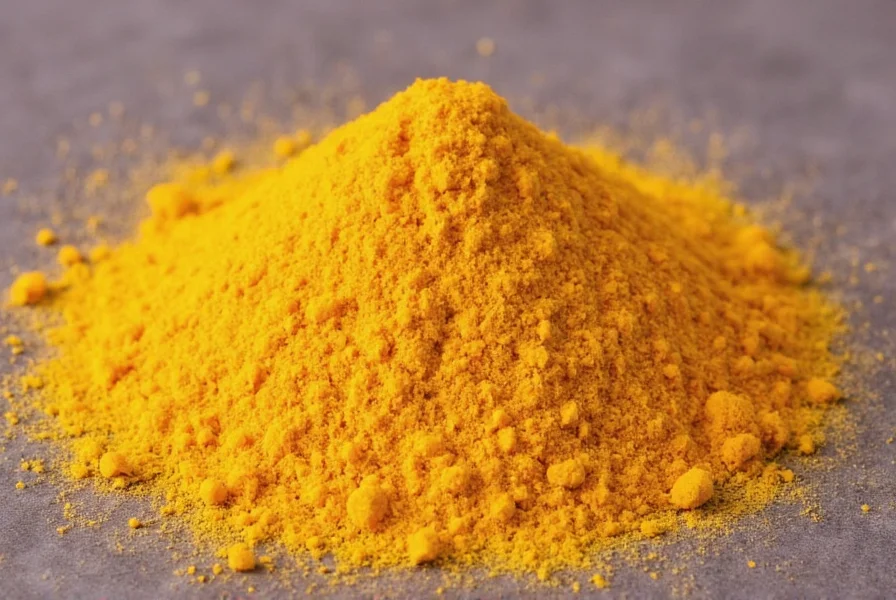Many people wonder how to pronounce turmeric spice correctly, often stumbling over this popular culinary and medicinal ingredient. Whether you're discussing golden milk recipes, sharing cooking tips, or talking about its health benefits, using the proper pronunciation builds credibility and ensures clear communication.
Breaking Down Turmeric Spice Pronunciation
The word "turmeric" contains three syllables with specific stress patterns that often cause confusion:
| Syllable | Phonetic Spelling | Stress Level | Common Mispronunciation |
|---|---|---|---|
| Tur | tur (like "fur") | Primary stress | Too-ruh |
| mer | mer (like "her") | Secondary stress | mur |
| ic | ik (like "kick") | Unstressed | ee |
When saying turmeric spice pronunciation correctly, emphasize the first syllable strongly: TUR-mer-ik. The "u" sounds like the "u" in "turn," not like the "u" in "cure." The final "ic" is a crisp "ik" sound, not a soft "ee" sound that many mistakenly use.

Common Mispronunciations to Avoid
Several common turmeric mispronunciations have become widespread:
- Tur-MER-ik - placing stress on the second syllable (the most frequent error)
- Too-mer-ik - mispronouncing the first vowel sound
- Tur-mair-ik - adding an unnecessary diphthong to the second syllable
- Tur-mer-ee - elongating the final syllable incorrectly
These mispronunciations often occur because people apply patterns from similar-sounding words like "cucumber" (which has stress on the second syllable) to turmeric, despite the different linguistic origins.
Understanding Turmeric's Etymology for Better Pronunciation
The turmeric pronunciation guide becomes clearer when examining the word's history. "Turmeric" entered English through Middle English termerik from Old French terre merite, meaning "merit earth," which referred to the spice's soil-like color. This eventually evolved from the Arabic kurkum and Persian golnar.
Unlike many botanical terms that maintain Latin stress patterns, turmeric followed the evolution of common usage in English, settling on the TUR-mer-ik pattern. This explains why the pronunciation doesn't follow the typical botanical stress patterns that many expect.

Regional Pronunciation Variations
While TUR-mer-ik represents the standard pronunciation in both American and British English, some regional variations exist:
- American English: ˈtɜːrmərɪk (TUR-mer-ik) - most dictionaries list this as the primary pronunciation
- British English: Some speakers use a slightly softer "r" sound, but the stress pattern remains the same
- Indian English: Often closer to the original Sanskrit "haridra" (हरिद्रा), but when using the English word, they typically follow the TUR-mer-ik pattern
When discussing turmeric spice how to pronounce across different regions, it's worth noting that the first-syllable stress remains consistent in professional and academic contexts worldwide.
Practicing Turmeric Pronunciation in Context
The best way to master turmeric pronunciation in English is to hear it used in context. Try these example sentences with the correct pronunciation:
- "I added a teaspoon of TUR-mer-ik to my golden milk recipe."
- "The vibrant yellow color of TUR-mer-ik comes from its curcumin content."
- "When cooking with TUR-mer-ik, remember that a little goes a long way."
- "Many studies highlight the potential health benefits of TUR-mer-ik spice."
For those seeking a turmeric pronunciation audio reference, major dictionaries like Merriam-Webster, Oxford, and Cambridge all feature audio clips demonstrating the correct TUR-mer-ik pronunciation. These resources provide valuable auditory confirmation beyond written phonetic guides.
Why Correct Pronunciation Matters
Using the proper correct way to say turmeric enhances your communication in several contexts:
- Culinary settings: Chefs and food professionals expect precise terminology
- Health discussions: Medical professionals and researchers use the standard pronunciation
- Cultural respect: Proper pronunciation shows awareness of the spice's long history
- Professional credibility: Correct terminology builds trust in your knowledge
Whether you're a home cook, health enthusiast, or culinary professional, mastering turmeric spice pronunciation ensures you communicate effectively about this valuable ingredient.
Frequently Asked Questions
How do you pronounce turmeric in British English?
In British English, turmeric is pronounced TUR-mer-ik (ˈtɜːmərɪk), with the primary stress on the first syllable. While some British speakers may use a slightly softer 'r' sound than American speakers, the fundamental stress pattern remains consistent with the standard pronunciation used in professional contexts.
Is it correct to say 'tur-mer-ee' for turmeric?
No, 'tur-mer-ee' is a common mispronunciation. The correct ending is 'ik' (as in 'kick'), not 'ee.' The full correct pronunciation is TUR-mer-ik (ˈtɜːrmərɪk), with the primary stress on the first syllable and a crisp 'ik' sound at the end.
Why do people often mispronounce turmeric as 'ter-mer-ik'?
People often mispronounce turmeric with stress on the second syllable (ter-MER-ik) because they apply patterns from similar botanical terms. Many plant-derived words place stress on the second syllable, but turmeric follows a different linguistic evolution from Middle English. Its pronunciation developed from 'termerik' with first-syllable stress, which has been preserved in modern usage.
Does turmeric pronunciation differ in medical contexts?
No, the pronunciation remains consistent in medical contexts. Healthcare professionals and researchers use the standard TUR-mer-ik (ˈtɜːrmərɪk) pronunciation when discussing turmeric's potential health benefits or curcumin content. Using the correct pronunciation is particularly important in medical discussions to ensure clear communication about this supplement.
How can I remember the correct turmeric pronunciation?
To remember the correct turmeric pronunciation, try this memory aid: 'The TURnips MERge IKonically' - emphasizing the TUR-mer-ik pattern. Another approach is to break it into syllables while cooking: 'TUR (add to pot) - mer (mix well) - ik (it's ready).' Regularly using the word correctly in context will help cement the proper pronunciation through repetition.











 浙公网安备
33010002000092号
浙公网安备
33010002000092号 浙B2-20120091-4
浙B2-20120091-4